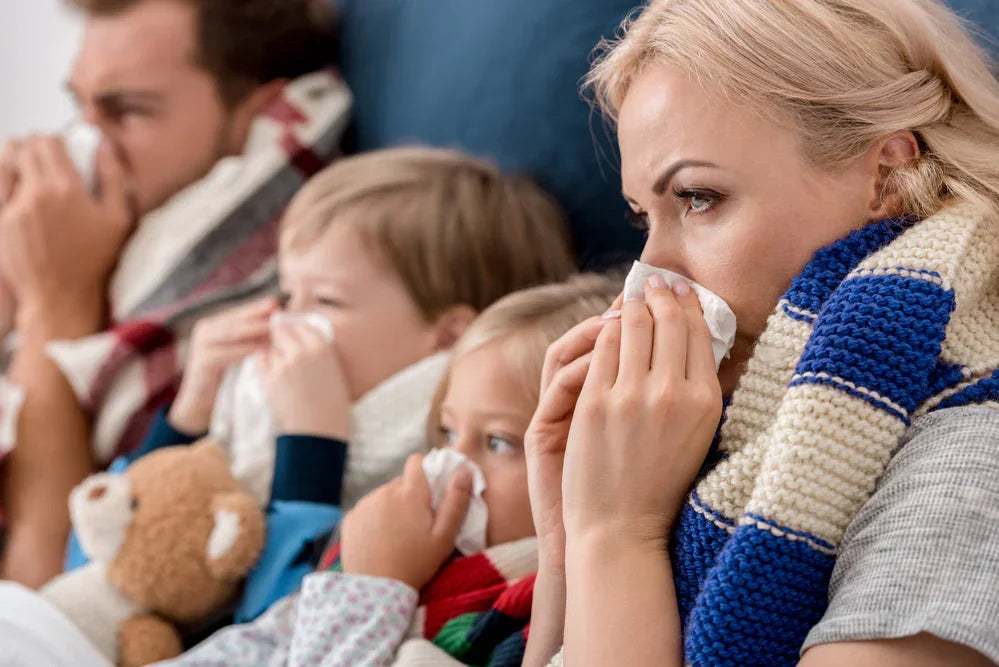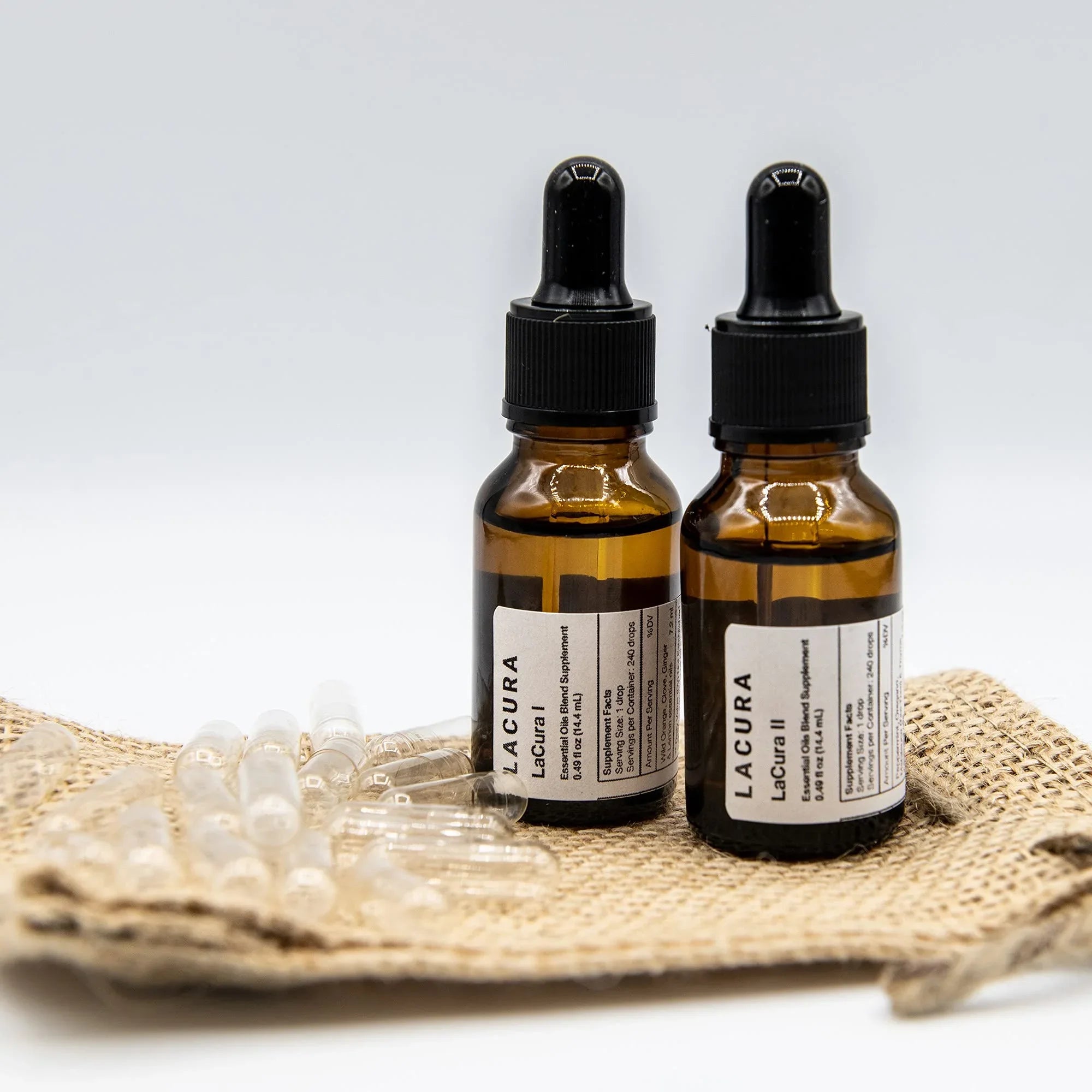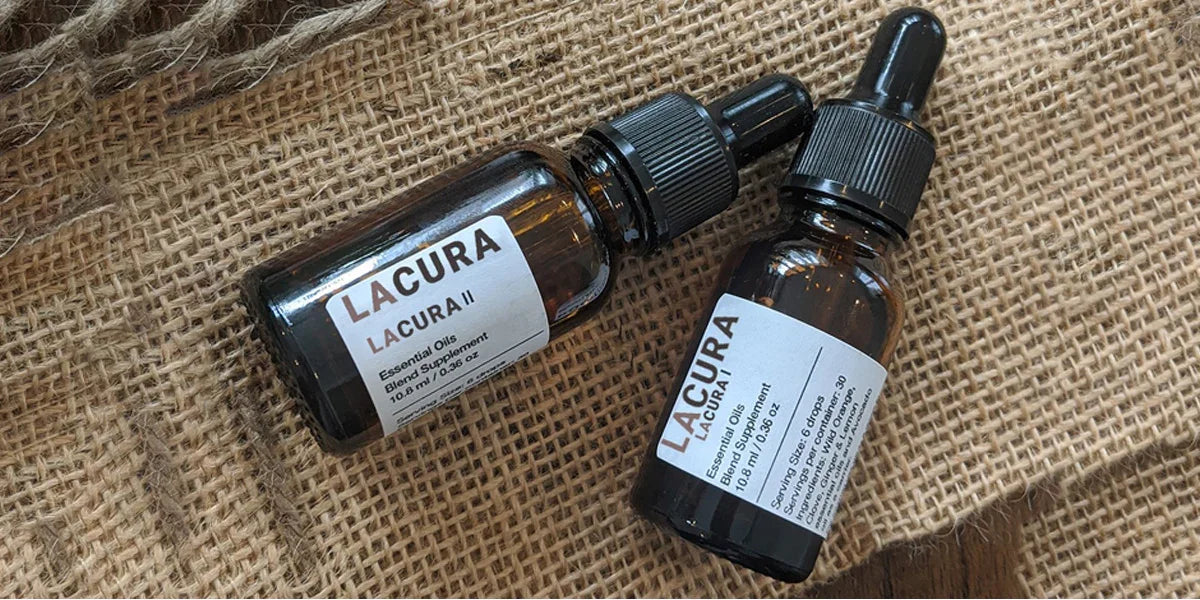For most people, catching the common cold is a yearly event. It typically happens in the winter when you’re indoors more and your immune system is less active. Exposure to a rhinovirus (or another type of virus that causes the common cold) may lead to an upper respiratory infection. These infections are easily transmitted from one person to another — hence the “common” in common cold — and affect the airways, nose, and throat. But what exactly goes on inside the body when you’ve caught a cold?
The Virus Infects Your Cells
There are two main ways the common cold virus can enter your body. If an infected person coughs or sneezes, you may breathe in air that contains virus particles. Alternatively, you may touch a contaminated surface (such as a door handle) and then touch your nose, mouth, or eyes.
Your body has natural barriers that defend you from viruses, including the hairs in your nose, the microscopic hairs in your respiratory tract called cilia, and enzymes in mucus. Sometimes, these are sufficient to prevent enough of the virus particles from entering your body and infecting you. However, when defenses are insufficient (such as when you’re exposed to a high number of virus particles), enough of the virus is able to bind to your cells to cause an infection.
Viruses, unlike bacteria, are not cells themselves, which means they’re not alive. To propagate, they require a host to infect, whose cells they can use to reproduce more viral particles. Once they’ve infected you, they can then spread within your body and cause you to release virus particles (through coughing and sneezing) to infect more people. Viruses do this by taking over your cells and forcing them to create more of the virus’s genetic material. The new viral particles then break out of your cells, often destroying them in the process.
Symptoms Begin
The first symptoms of a common cold appear when your body starts fighting the infection. Rhinoviruses do little damage to your body — the symptoms you feel are due to your body trying to rid itself of the virus as quickly as possible. It’s important that your immune system responds swiftly to keep up with the multiplying virus particles to halt the spread of the infection.
Your Immune System Gets to Work
Cells that have been infected by the virus alert your immune system by releasing chemical messengers called cytokines. This causes some blood vessels to dilate, enabling white blood cells to reach the infected area. White blood cells also create antibodies that recognize the virus.
When these antibodies encounter a virus particle, they attach themselves to it and send a signal to the white blood cells to come and destroy it.
It’s when your immune system is working hard like this that you feel the full effects of the infection. For instance, dilated blood vessels cause inflammation, which you experience as congestion, a sore throat, and aches. Fever is due to your body temperature increasing to create an environment that is less hospitable for the virus. Finally, a runny nose and phlegm are from the excess fluid created by the white blood cells.
Unfortunately, there is no vaccine for rhinoviruses, meaning your body needs to rely wholly on its own defenses. However, there is a vaccine for influenza — a category of virus that has similar (although usually more severe) symptoms to the common cold. Studies show that if you’ve received your seasonal vaccine and you have the flu rather than a common cold, your body will likely be able to attack the infection faster and you’ll recover sooner.
Prevention of Future Infections
White blood cells go beyond simply eliminating the infection in the moment: they also prepare your body to fight the same virus in the future. This is because some antibodies remain after the original infection has gone.
They’ll recognize the virus immediately if it re-enters your body, allowing your immune system to kill off the virus before it can cause an infection.
It’s comforting to know that, although you feel bad at the moment, your immune system is in overdrive to help ensure you never have to battle this particular virus again. The bad news is that, since there are around 200 different viruses responsible for the common cold, there are still many more your body may need to fight. This is the reason why you can suffer from two or even three colds in a single year.
Secondary Infections
Whereas you’re unlikely to be reinfected with the same common cold virus after you’ve recovered, there’s still a risk of a secondary infection from another pathogen. The damage to your respiratory tract and other areas of the body make it easier for bacteria to invade. This can lead to sinusitis, an ear infection, or a chronic cough. If the infection does not clear up on its own, you may need antibiotics. (It’s important to note that antibiotics kill bacteria but do nothing to viruses, which is why they’re useless against the common cold and flu.)
Full Recovery
Once your body has fought off the virus (and any secondary infections), you should be fully recovered. Expect this to take around seven to 10 days in total. However, you can often recover in less time if you take steps to help your body recover. This means staying hydrated, getting plenty of rest, and perhaps taking over-the-counter or alternative medicines, such as supplements. Usually, this will be enough to fight the virus, but if your symptoms persist for two weeks or become worse rather than better, you should see a doctor.
Waiting for a cold to go away is uncomfortable. No matter how many times you’ve faced a common cold, dealing with a runny nose, congestion, a cough, a sore throat, and body aches never becomes any easier. The good news is you can ease some of your symptoms by using essential oils for coughs and congestion. At LaCura, we have a wide range of single oils just for this purpose. Check out our online store to discover the solution for you.






